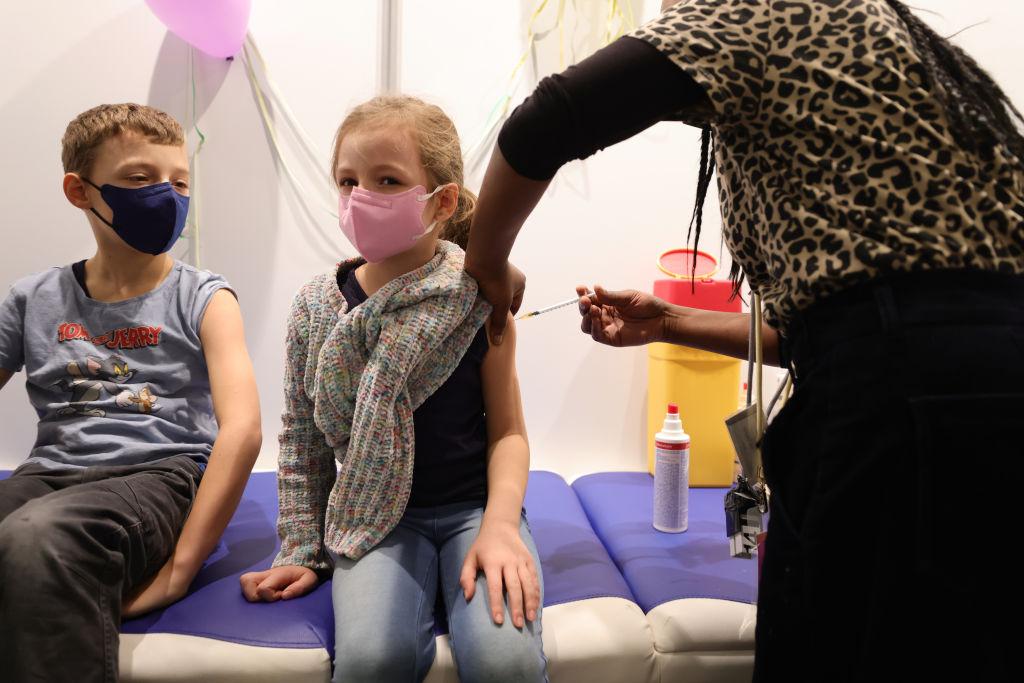Commentary
As we near the end of 2021, most people would have expected that the spectre of COVID-19 would have receded and that normal life would have reasserted itself.

As we near the end of 2021, most people would have expected that the spectre of COVID-19 would have receded and that normal life would have reasserted itself.